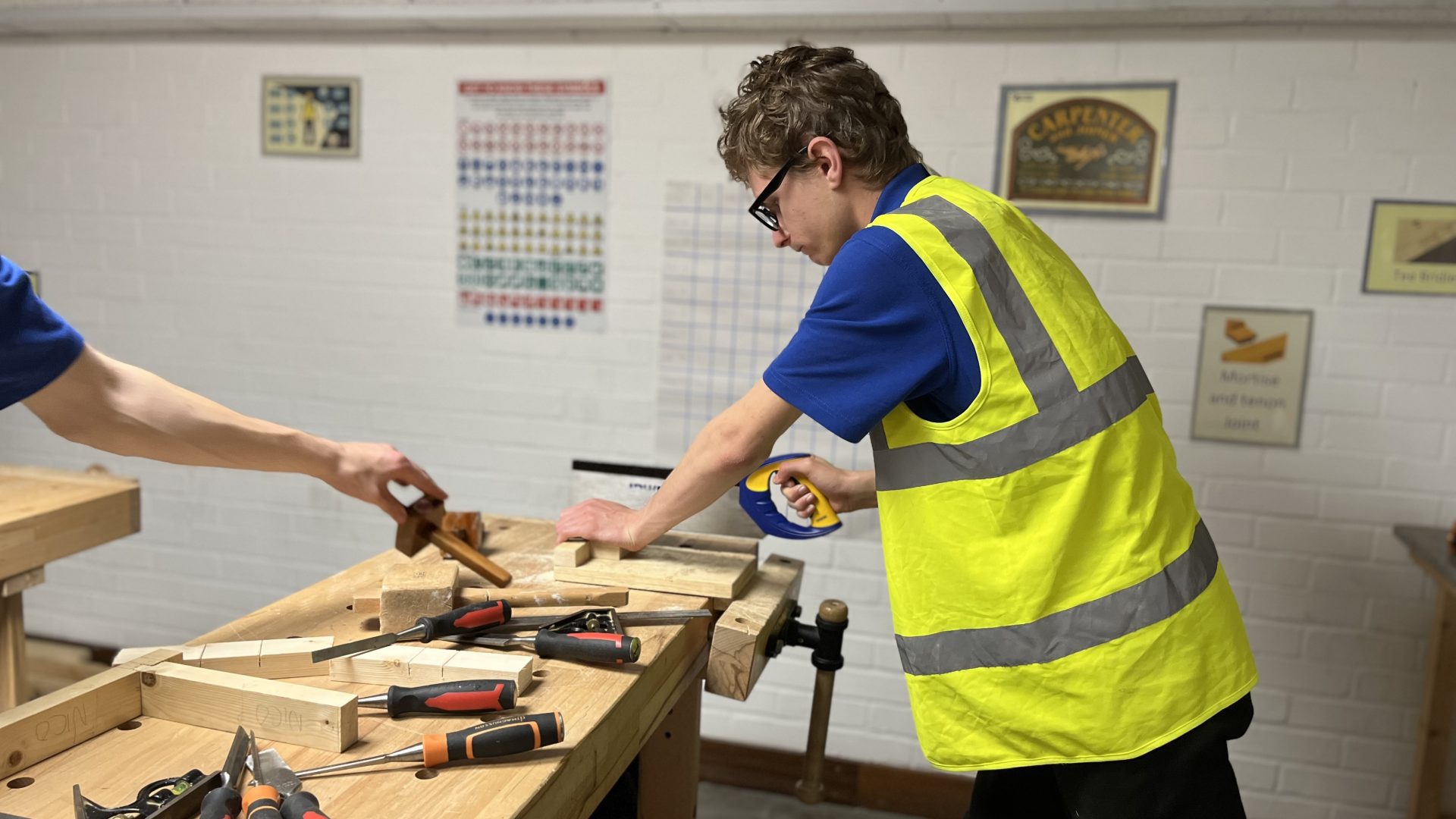The current education qualification system can be quite confusing. There are a number of different qualifications as well as awarding bodies and can be hard to keep track of what each one means.
The U.K has an educational framework that can help those understand the U.K’s educational levels better. On this page, we will be going over the educational system in England and Wales as well as what each Level means.
In England, Wales, and Northern Ireland there are eight different levels of education. In addition to this, there is an entry level for those who are just beginning their studies. These are set out by the regulated qualifications framework (RQF).
The RQF has provided a structure of different levels of education in England and Wales.
Entry level qualifications
Entry level can be seen as a foundation to education. It is the preliminary form of qualification. It provides learners with an introduction to education. They are not generally compulsory. Entry level qualifications are available in three subcategories which progressively get more difficult: Entry level 1, 2 and 3.
Examples of entry level qualifications include:
- Functional or essential skills.
- Awards and diplomas
- Certificates
- English for foreign language speakers
- Skills for life
These are perfect for those trying to learn a new subject or language and or looking to enter formal education.
Common Entry Requirements:
1.) None, perfect for those looking to learn a new subject or trying to enter formal education
Level 1 qualifications
Different from Entry Level, Level 1 is the earliest or first formal qualifications obtainable in the numbered system of qualifications. Level 1 is normally achieved years 10 and 11 of secondary school. Level 1 qualifications include and can be equivalent to achieving GCSE grades 3, 2, or 1 previously graded D, E, F, or G.
Other examples of Level 1 qualifications include:
- Level 1 functional skills or essential skills
- Level 1 awards and diplomas or certificates
- Level 1 National Vocational Qualification (NVQ)
- Level 1 ESOL
Common Entry Requirements:
1.) No necessary entry requirements, perfect for those looking to further education.
Level 2 qualifications
Level 2 is the next step up from Level 1. Similar to Level 1 it is often achieved at the same time in years 10 and 11. Thus attaining a Level 2 qualification can be equivalent to achieving GCSE grades 9, 8, 7, 6, 5, or 4 previously graded A*, A, B, or C.
Other examples of Level 2 qualifications include:
- O level (grades A, B, or C)
- Grade 1 as CSE level
- Level 2 functional skills or essential skills
- Level 2 awards and diplomas or certificates
- Level 2 NVQ
- Intermediate apprenticeships
- Level 2 ESOL
Those who normally achieve Level 2 move onto Level 3. This is because Level 3 tends to require a higher level of knowledge and grades. By achieving a Level 2 the route to Level 3 opens up as well as other potential pathways which can be seen further below.
Common Entry Requirements:
1.) No necessary entry requirements, perfect for those looking to further education and progress onto a level 3 or higher education.
Importance of Level 1 & 2
It can be said that achieving Levels 1 and 2 play an integral role in creating the foundations of learning and employment. In England the proportion of people achieving the equivalent of five GCSEs at grade 4 or above (also referred to as Level 2 attainment)2 by the age of 19 is falling and has been for five consecutive years – currently almost one in five young people do not achieve this. Too many young people are being held back from achieving their potential, unable to gain the skills that they need to achieve what they want with their lives – a situation that the pandemic has exposed and exacerbated. We at Nacro are appealing to the government to make changes and actions to support those young people who have either faced an interrupted education throughout their lives or who come from the most disadvantaged backgrounds.
Find out more about Learn Without Limits
Contact the press office
If you are a journalist or member of the media and would like more information around this topic or would like to feature one of our services, contact the press office by emailing media@nacro.org.uk or calling 07881 625 474

